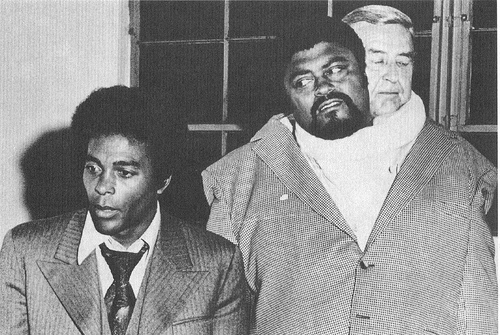Since copies of cells are less perfect than healthy original ones, I would assume some cognitive decline occurs over time, that our brains deteriorate as do our other organs. But the age-decline of brain matter has probably always been somewhat overstated; we forget more over time simply because we have inelastic memories that are taxed by a surfeit of information collected over a lifetime. Perhaps we know too much. That’s why it’s a good thing, not a scary thing, for some of our data to be stored in computers, for our heads to be in the cloud. We just don’t have the necessary space for so much information. We can’t fit it all in our heads. We need more room.
From “The Older Mind May Just Be a Fuller Mind,” by Benedict Carey in the New York Times:
“Now comes a new kind of challenge to the evidence of a cognitive decline, from a decidedly digital quarter: data mining, based on theories of information processing. In a paper published in Topics in Cognitive Science, a team of linguistic researchers from the University of Tübingen in Germany used advanced learning models to search enormous databases of words and phrases.
Since educated older people generally know more words than younger people, simply by virtue of having been around longer, the experiment simulates what an older brain has to do to retrieve a word. And when the researchers incorporated that difference into the models, the aging ‘deficits’ largely disappeared.
‘What shocked me, to be honest, is that for the first half of the time we were doing this project, I totally bought into the idea of age-related cognitive decline in healthy adults,’ the lead author, Michael Ramscar, said by email. But the simulations, he added, ‘fit so well to human data that it slowly forced me to entertain this idea that I didn’t need to invoke decline at all.”
Can it be?”
Tags: Benedict Carey, Michael Ramscar

